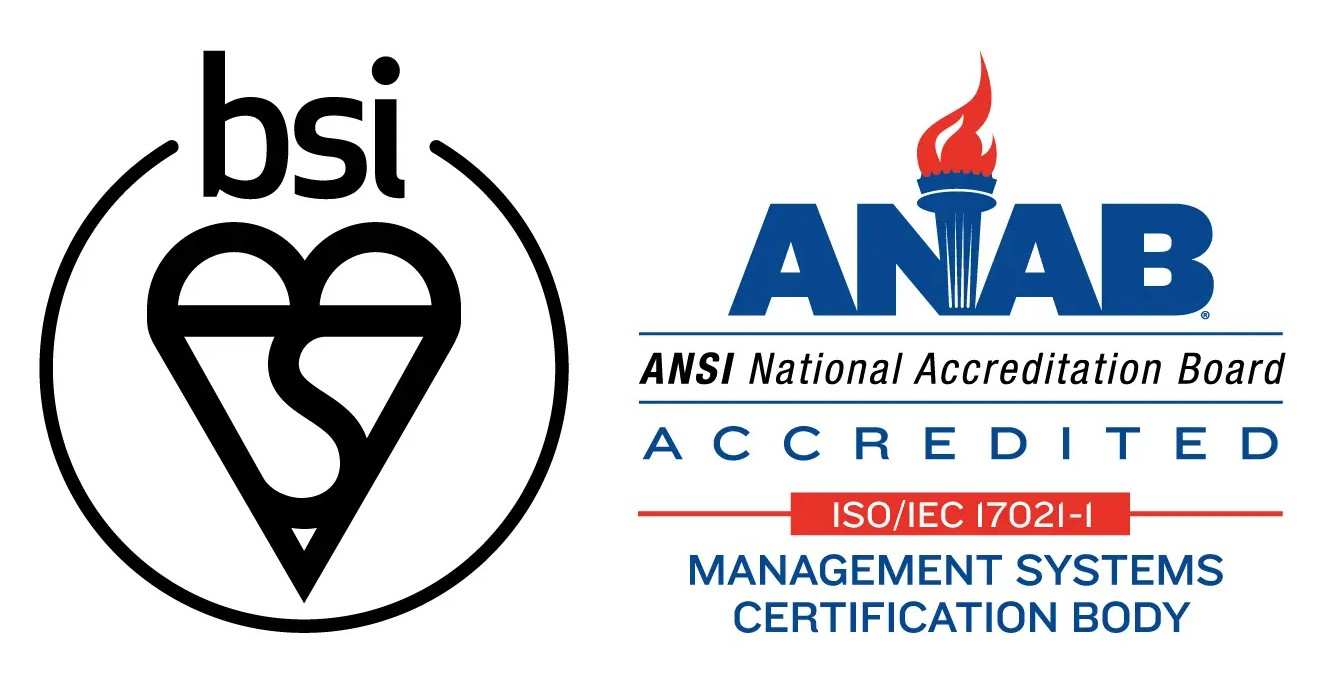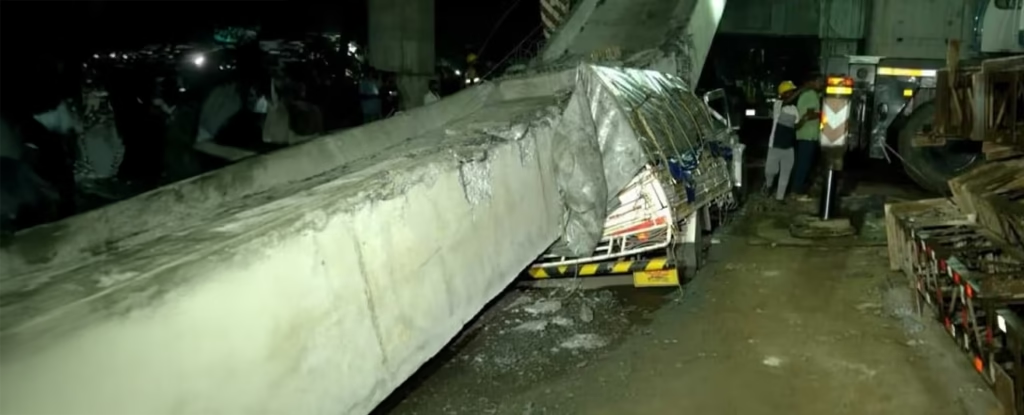Understanding War Mock Drills: Why Kerala Must Also Stay Prepared
As geopolitical tensions rise — particularly between nations like India and Pakistan — our country’s preparedness strategy must extend beyond border areas. Even states like Kerala, far from the Line of Control (LoC), have a critical role to play in national safety protocols. One such vital strategy is the war mock drill — a simulated emergency response operation that mimics real war scenarios to ensure readiness at all levels.
In light of current developments, this article aims to clarify what a war mock drill is, why it matters to every Indian, and how citizens — even in non-border states — can respond responsibly and effectively.
What Is a War Mock Drill?
A war mock drill is a structured simulation of emergency scenarios such as missile attacks, air raids, chemical disasters, or national lockdowns triggered by wartime events. These exercises are:
- Planned by defense and disaster management authorities
- Involve armed forces, civil defense, medical responders, and sometimes civilians
- Used to test the speed, efficiency, and coordination between government departments
- Essential for identifying gaps in preparedness and improving public response
They serve a crucial purpose: saving lives in real emergencies.
Why Kerala Should Take Notice
While Kerala is geographically distant from India’s international borders, no region is immune to the indirect consequences of national-level emergencies. As a state with dense urban populations, critical coastal infrastructure, and major IT and industrial hubs, Kerala is part of India’s national safety architecture.
War mock drills conducted in Kerala are not signs of panic — they are proactive safety measures. They prepare government systems and citizens alike to respond calmly, quickly, and effectively in the rare event of a crisis.
How Should Civilians Respond?
Even in states like Kerala, being aware and prepared is not just wise — it’s responsible. Here’s what individuals must do:
1. Understand the Purpose of the Drill
- These exercises are precautionary, not predictive.
- Treat them as a chance to learn real procedures — like where to go, what to carry, and how to help others.
2. Participate and Cooperate Fully
- Follow all instructions from authorities, police, and local officials.
- Do not treat drills as informal or disruptive events — they are crucial learning opportunities.
3. Stay Informed — Not Alarmed
- Follow trusted government communication channels such as:
- NDMA (National Disaster Management Authority)
- State Disaster Management Authority
- Official social media handles of state police, PIB, and DD News
- NDMA (National Disaster Management Authority)
- Do not forward or believe in rumors, especially on social media.
4. Know Your Emergency Network
- Identify nearest:
- Hospitals
- Police stations
- Government shelters
- Hospitals
- Save important emergency contacts and have them readily accessible.
5. Prepare an Emergency Go-Bag
A basic safety kit for any emergency should include:
- ID and medical documents (in waterproof bags)
- First aid kit and daily medications
- Torchlight, power bank, and whistle
- Water bottle, energy bars, sanitary supplies
- Phone numbers of family and authorities
6. Be a Role Model of Calm
- Help the elderly, children, and those who are confused or fearful during drills
- Encourage awareness in your community or apartment complex
- Avoid panic-buying or hoarding behavior
How to React to Official Alerts
Government alerts — via SMS, sirens, or local announcements — are part of the disaster communication protocol. When a mock drill or real advisory is issued:
- Act immediately, don’t wait to “see what others do”
- Use only verified apps and portals for instructions (like NDMA App or local authority websites)
- Report anything suspicious or dangerous to the nearest authority
The Role of a Responsible Citizen
In the context of national safety, citizen responsibility is as important as government preparedness. Here’s how you can contribute:
- Attend community safety and civil defense workshops
- Share verified information
- Keep your ID updated and accessible
- Encourage schools, colleges, and offices to conduct mock drills
- Stay vigilant, yet composed, during tense national situations
- Be informed — not influenced
Final Thoughts: Preparedness Is Empowerment
India’s safety isn’t just built at the borders — it’s fortified in every home, office, school, and community across the nation. A war mock drill might feel unnecessary in peaceful regions like Kerala, but true preparedness doesn’t wait for proximity — it plans for possibility.
When we cooperate, stay informed, and treat safety as a shared priority, we help build a resilient, aware, and empowered India.









